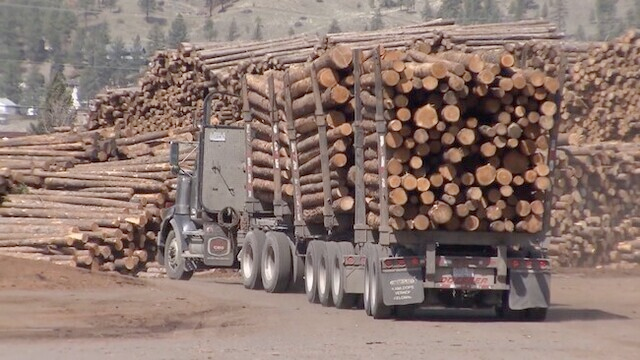Stop New Gas Hookups
- FTFO
- Oct 9, 2025
- 2 min read
"Enbridge investors to get billions as gas giant expands into small-town Ontario" by John Woodside, NO, Oct 9, 2025

The Canada's National Observer article by John Woodside is about Ontario but the situation is similar in BC. FortisBC promotes "resilience and reliance" of gas systems for buildings but never mentions the increase costs ratepayers will face as more residents and building owners choose heat pumps and electric hot water systems or the dangers of burning "natural" gas. Builders are lured by generous rebates for 'high-efficiency' gas systems and thus push back against bylaws requiring new buildings to be electrically heated.
The builders aren't concerned about climate issues, only about their bottom line and customer satisfaction. It is their business and they fear losing money, but they need to pay attention to the serious crisis we face and consider their purchasers' health and safety.
But we know that science clearly shows that our world is at risk from human caused pollution from burning fossil fuels. With more new hook-ups, the pollution will only increase to ever more dangerous levels.
Elected lawmakers have a responsibility to protect citizens and provide clean air and water. The International Court of Justice said a "clean, healthy and sustainable environment" is a human right. That paves the way for other legal actions, including states returning to the ICJ to hold each other to account, as well as domestic lawsuits, along with legal instruments like investment agreements. (CBC July 2025)
Tell your City Councillor, MLA and MP that you want better policies to restrict gas in building for future generations.
Excerpt from the last part of the article.
The conversations about how to connect more communities to gas stands in stark defiance of climate science and economic analyses, which is clear that fossil fuels must be phased out.
Burning fossil fuels to heat buildings is one of Canada’s toughest challenges in the race to decarbonize, causing more greenhouse gas emissions than power generation or agriculture. In Ontario, buildings are the third-largest source of planet-warming pollution, responsible for a quarter of the province’s total.
Last year, the Canadian Climate Institute found that between 2013 and 2022, on average, Ontario saw 43,600 new customers added to the gas network per year.
By connecting more customers to gas, Enbridge is accomplishing two goals. The first is simply more ratepayers to profit from. The second is fighting a “death spiral," which was discussed at its rate hike hearings, and refers to the risk that as customers leave the gas network in favour of energy efficient options like heat pumps, the pool of customers to pay for its gas system shrinks, forcing higher rates on remaining customers, that in turn, encourages more people to ditch gas.
“Left unchecked, customer defection could significantly accelerate a rise in gas rates,” the Canadian Climate Institute found, adding that investors are beginning to recognize the potential long-term risk of lower gas demand affecting the company’s financial performance. “That perception of increased risk could translate to higher debt costs for gas utilities, resulting in rate increases and the potential for further customer defection.”




Comments